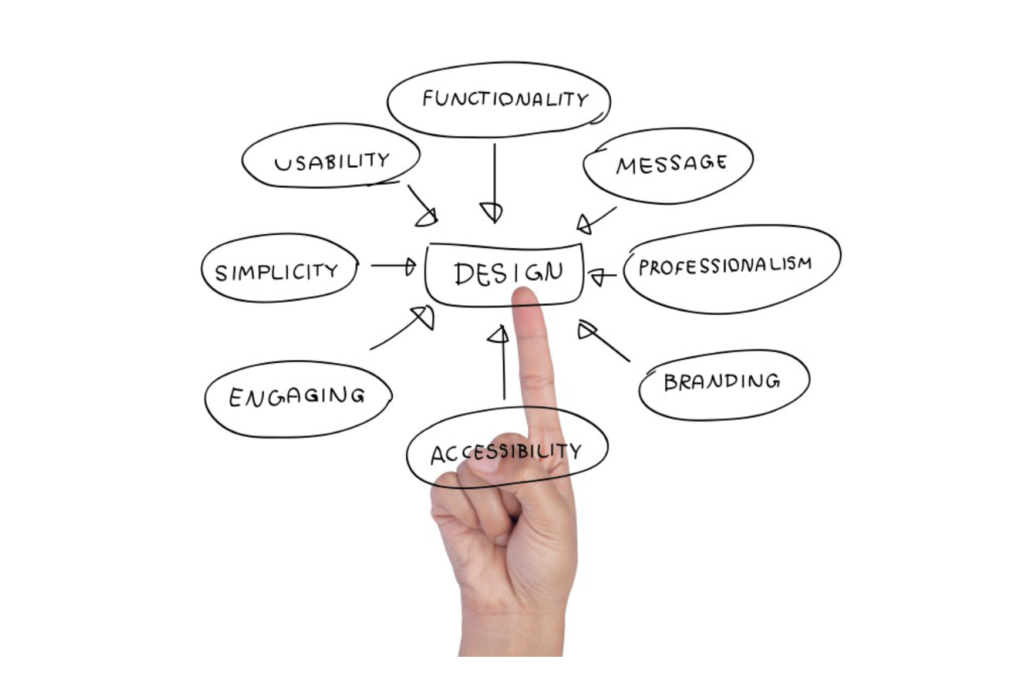Design better products by building trust
Computers are an essential part of our lives and are now being treated as social actors in a way similar to how we perceive other humans. The feeling of trust is not limited to humans anymore. It can be said that the core of human-computer interaction is the feeling of trust. The primary question here …

